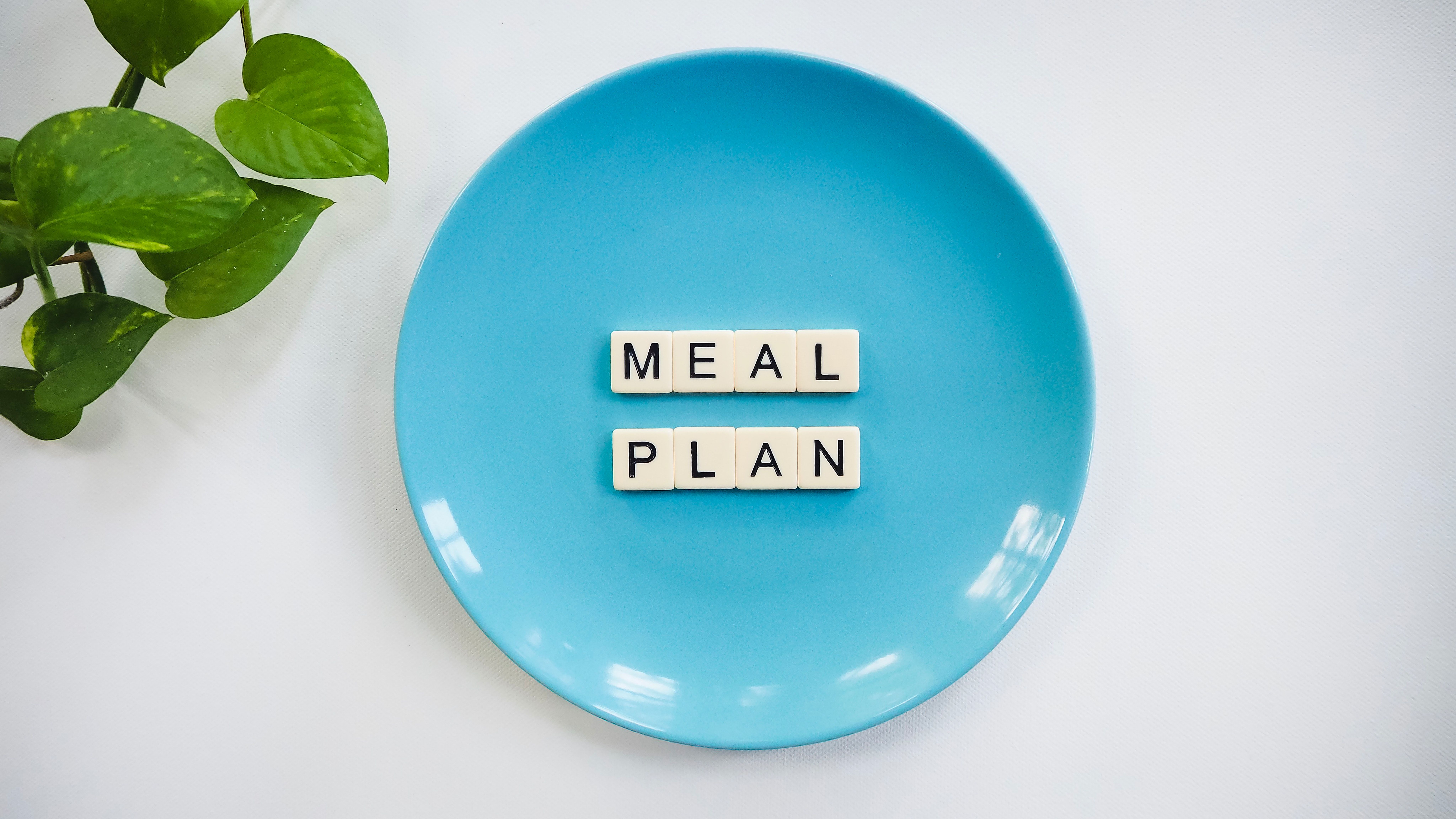

The weeks leading up to the official start of summer can be tough for anyone with an eating disorder — or, frankly, anyone who's ever had any kind of body image issues. From “beach body workouts” to “detox diets,” our social media feeds are typically flooded with false promises from influencers and companies as swimsuit weather approaches. And while all this "diet talk" is nothing new, it can still be really hard to handle, and have majorly negative consequences.
Let's dive deep into the damaging effects of diet talk.
What is “diet talk”?
Sometimes it can be tough to know what to say to someone in eating disorder recovery. But other times, it can be even tougher to know what not to say when you or someone you love is in the process of healing from an eating disorder. Perhaps unsurprisingly, diet talk is in the latter category.
“Diet talk” is exactly what it sounds like: people talking about dieting, whether those conversations include details about restricting calories, specific diets, or musings or plans that are centered around losing weight or changing one’s appearance.
Diet talk is usually made up of many diet culture myths, which most often involves conversations about one’s body that encourage negativity about that body. It reinforces the idea that smaller bodies are “better” or represent desirable attributes such as self-discipline. Because of this focus on self-discipline, diet talk often includes comments about wanting to change one’s appearance/eating habits and how to do so.
Diet talk can also extend to conversations about other people’s bodies. These comments can sound positive, such as in a statement like “I wish I could eat dessert, but I just don’t have your figure!!” However, below the surface, this is a judgment on the “unacceptability” of both oneself and of specific types of bodies.
Why diet talk can be toxic
Here’s the thing: diet talk isn’t harmless because diets themselves aren’t harmless. In fact, according to the National Eating Disorder Association (NEDA), dieting can be directly tied to the development of disordered eating, particularly in teens. In a large study of 14 and 15-year-olds, dieting was the number one predictor of developing an eating disorder compared to those who didn’t diet — the teens who dieted “moderately” were five times more likely to develop an ED, and those who severely restricted their eating were eighteen times more likely to develop one. But besides the extreme side of things, the fact that’s almost always brushed under the rug in the $60 billion diet industry is that 95% of diets simply don’t work. So why are we continuing to be targeted by so many people, brands, books, and articles claiming otherwise?
Because diet talk is culturally normative and encouraged as a social activity, almost all of us have engaged in this kind of talk. That doesn’t make it okay, however. Diet talk is never a helpful way to bond with others.
Here are a few key reasons diet talk is harmful:
- Diet talk contributes to a culture that shames larger bodies and elevates smaller bodies.
- Diet talk reinforces the idea that someone’s body is the most important/significant thing about them.
- Diet talk reinforces the idea that someone’s health can be determined by their appearance alone, and that we have a right to discuss other people’s health/eating habits.
- Diet talk can be triggering for those trying to recover from an eating disorder.
What Can You Do When Diet Talk Arises?
If you’re not sure what to do when diet talk comes up in conversation, here are some tips to help you navigate the discussion:
1. Share why diet talk is harmful for you.
- Example: “I find this kind of talk makes me feel bad about my body.”
- Example: “Speaking this way about my body makes my eating disorder voice louder.”
2. Excuse yourself if needed. This is not necessarily rude; instead, it is important self-care.
- Example: “Excuse me, I’m going to get some fresh air.”
- Example: “I need a break for a moment. I’m going to step outside.”
3. Consider speaking up.
- Example: “It makes me uncomfortable talking about Jane’s body like this. It’s not appropriate to make judgments about her health.”
- Example: “I’m trying not to talk about my body negatively. It would be helpful if we could change the subject to support that goal.”
4. Suggest changing the topic.
- Example: “I’d rather we talk about last night’s baseball game. Did anyone watch it?”
- Example: “I’d prefer if we talk about Jane’s birthday that’s coming up! How should we celebrate?”
Now is the perfect time to examine and question why diet talk is so prevalent in our society. We can start to change the conversation and opt out of diet-focused exchanges if we pay more attention to how we think, feel, and speak about all these topics and how we approach them with our loved ones.
Download these coping cards to arm yourself with in-the-moment reminders to ground yourself when diet talk arises.
- B Carlin, et al. Onset of adolescent eating disorders: population based cohort study over 3 years. BMJ 1999; 318.
- Grodstein F, Levine R, Troy L, Spencer T, Colditz GA, Stampfer MJ. Three-year follow-up of participants in a commercial weight loss program. Can you keep it off? Arch Intern Med. 1996 Jun 24;156(12):1302-6. PMID: 8651838.







